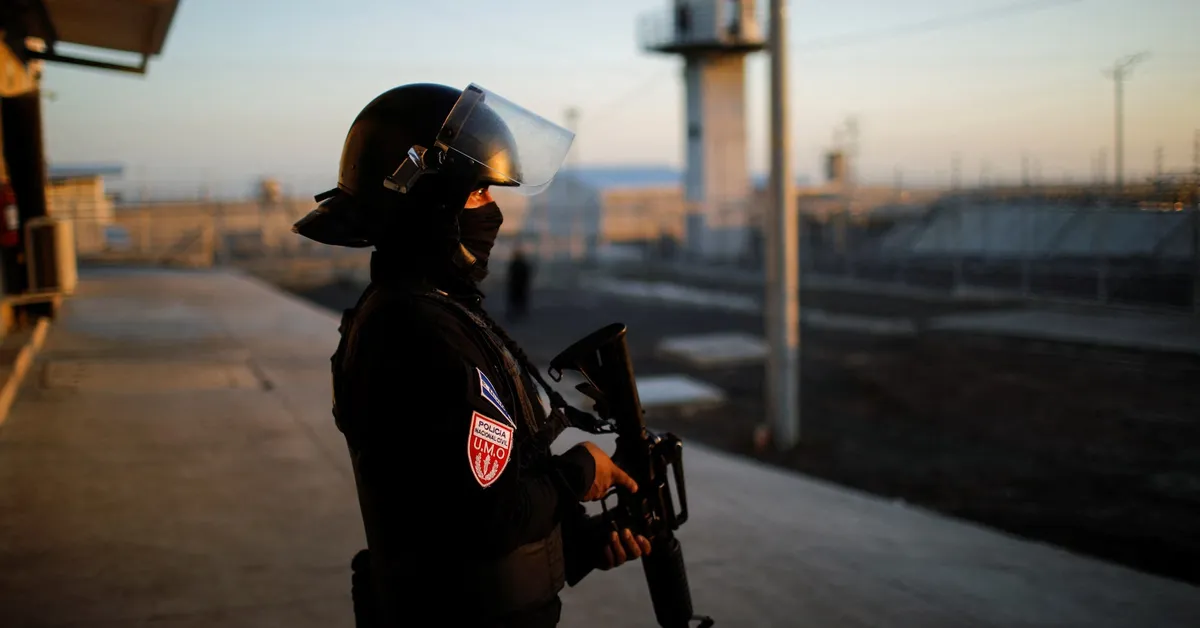
On April 21, it was reported that President Donald Trump's administration was poised to execute deportations of numerous Venezuelan migrants detained in Texas. This action was based on a 1798 law that has historically been utilized primarily during wartime, bypassing judicial review and defying previous orders from the U.S. Supreme Court, according to statements made by lawyers representing the migrants.
The American Civil Liberties Union (ACLU) is actively opposing these deportations, arguing that the administration failed to provide the detained migrants with the necessary notifications or the chance to contest their removals. Many of these migrants were reportedly placed on buses heading to the airport before any legal recourse could be pursued. The ACLU’s filing with the Supreme Court urged justices to maintain their block on the deportations to a prison in El Salvador.
In their legal arguments, the ACLU emphasized the grave implications of deporting individuals to a potential life sentence in a prison notorious for torture and abuse, highlighting the administration's failure to adhere to due process. The ACLU’s filing noted, “Whatever due process may require in this context, it does not allow removing a person to a possible life sentence without trial.” The notice provided to the migrants was in English and did not include vital information regarding their rights to seek judicial review.
The U.S. government has labeled these migrants as members of Tren de Aragua, a criminal gang that originated in Venezuelan prisons and has been designated as a foreign terrorist group by the Trump administration. Utilizing the 1798 Alien Enemies Act, Trump is attempting to expedite their deportation, asserting that the law allows the president to deport or detain individuals whose allegiance to a foreign power poses a national security threat.
In a swift reaction to the situation, the nine-member Supreme Court temporarily barred the administration from proceeding with the deportations, a decision that saw dissent from two conservative justices, Samuel Alito and Clarence Thomas. ACLU attorneys filed urgent appeals in multiple courts, including the Supreme Court, warning of the imminent risk of removal faced by the migrants detained at the Bluebonnet immigration detention facility.
On April 7, the Supreme Court had already imposed restrictions on how deportations under the Alien Enemies Act could be conducted, requiring that detainees receive timely notice and the opportunity to challenge their removals. The Trump administration's Justice Department claimed that the migrants' request for relief was premature and that detainees had been given sufficient notice to file for judicial review.
In response, ACLU lawyers countered the administration’s assertions, stating that a lower court judge had not acted on evidence indicating that the migrants were being prepared for imminent removal. They pointed out that the migrants were loaded onto buses, only to be turned around after the Supreme Court's intervention.
Additionally, the administration has already deported more than 200 individuals, including Venezuelan and Salvadoran men, to a maximum-security prison in El Salvador, which the government claims are affiliated with gangs. In their Monday filing, ACLU lawyers urged the Supreme Court to clarify that the administration's actions contradict the April 7 ruling and to provide explicit guidance on the notice requirements necessary for the migrants.
As this legal battle unfolds, the implications of using the Alien Enemies Act outside of wartime against a criminal organization raise significant legal and ethical questions about immigration policies under the Trump administration.